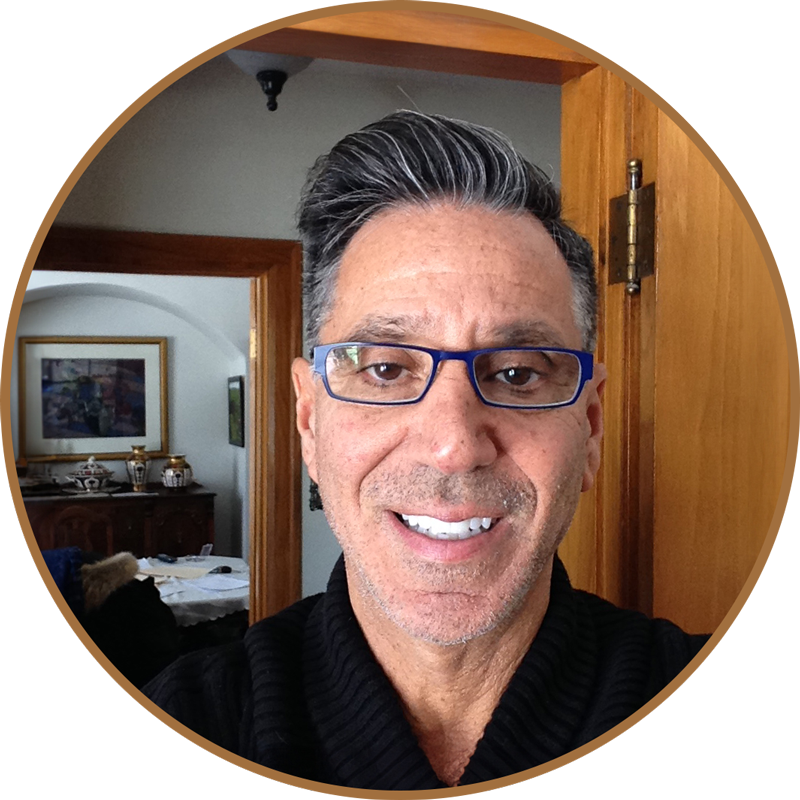Top Books I Recommend to Clients
As a psychologist and an avid reader, one tool has stood out consistently: the power of a good book. The value of reading cannot be overstated, for some stories hold therapeutic potential. Books related to mental health offer a range of benefits that can significantly impact an individual’s healing process and overall wellbeing. For some, the stories within these books are the first step in understanding and acknowledging that they are not alone in their struggle.
For anyone needing an at-home activity to get through these last legs of winter, I have compiled a list of my favourite mental health related books, including fiction and non-fiction.
Driven to Distraction: Recognizing and Coping with Attention Deficit Disorder, by Edward M. Hallowell and John J. Ratey
This is a book I recommend to my ADHD clients. It is an empathic approach using real-life stories and case studies to illustrate the diverse manifestations of ADHD. It is about bringing ADHD into the public consciousness and providing tangible help to those affected.
For those with ADHD who may struggle with executive functioning, I often recommend this book, as it need not be read from start to finish. I often suggest picking and choosing the chapters within the book that resonate with you first, to promote accessibility.
The Body Keeps the Score: Brain, Mind, And Body in the Healing of Trauma, by Bessel Van der Kolk, M.D.
“The Body Keeps the Score” is a pivotal work in the field of trauma therapy. Many therapeutic approaches highlight the mental effects of trauma but, at times, may not highlight the physical effect. Van der Kolk emphasizes the role of the body when it comes to traumatic experiences. He explains that trauma can be stored in the body and may manifest through physical symptoms,. This is a great book for those interested in better understanding trauma and its role somatically.
Quiet: The Power of Introverts in a World That Can’t Stop Talking, by Susan Cain
This is a go-to recommendation for my more introverted clients. “Quiet” brings attention to the strengths of introverts in a predominantly extroverted world. Cain uses research and examples from various fields to demonstrate how the advantages of introversion, such as sensitivity, creativity and deep thinking, profoundly impact the world and those around us.
Burnout: The Secret to Unlocking the Stress Cycle, by Emily Nagoski, Ph.D. and Amelia Nagoski, DMA.
This book delves into the psychological and physiological aspects of stress, specifically targeting the experiences of women, although its principles can be universally applied. This book was initially a recommendation from my daughter and one that I am now quick to recommend to my clients who may be struggling with emotional and physical exhaustion, otherwise known as ‘burnout’. The authors of this book provide compassionate and actionable steps to managing stress, all while tying in humour. It’s a fun and informative read!
The Little Prince, by Antoine de Saint-Exupéry
“The Little Prince” is an excellent and quick read that you were perhaps first introduced to as a child. I often recommend it to be re-read in adulthood. It is a philosophical tale that explores profound themes such as friendship, love, loneliness and the meaning of life. The Little Prince celebrates the power of imagination and the ability to see beyond the surface to uncover deeper truths and realities.
The Road Less Travelled, by M. Scott Peck, M.D.
I would be remiss if I did not add “The Road Less Travelled” by M. Scott Peck. This is a classic in the genre of personal growth and self-help. I suggest this to anyone who may be struggling to find fulfilment. Peck divides the book into four main parts: discipline, love, growth and grace, each section offering gentle guidance through the sometimes painful process of navigating life.











